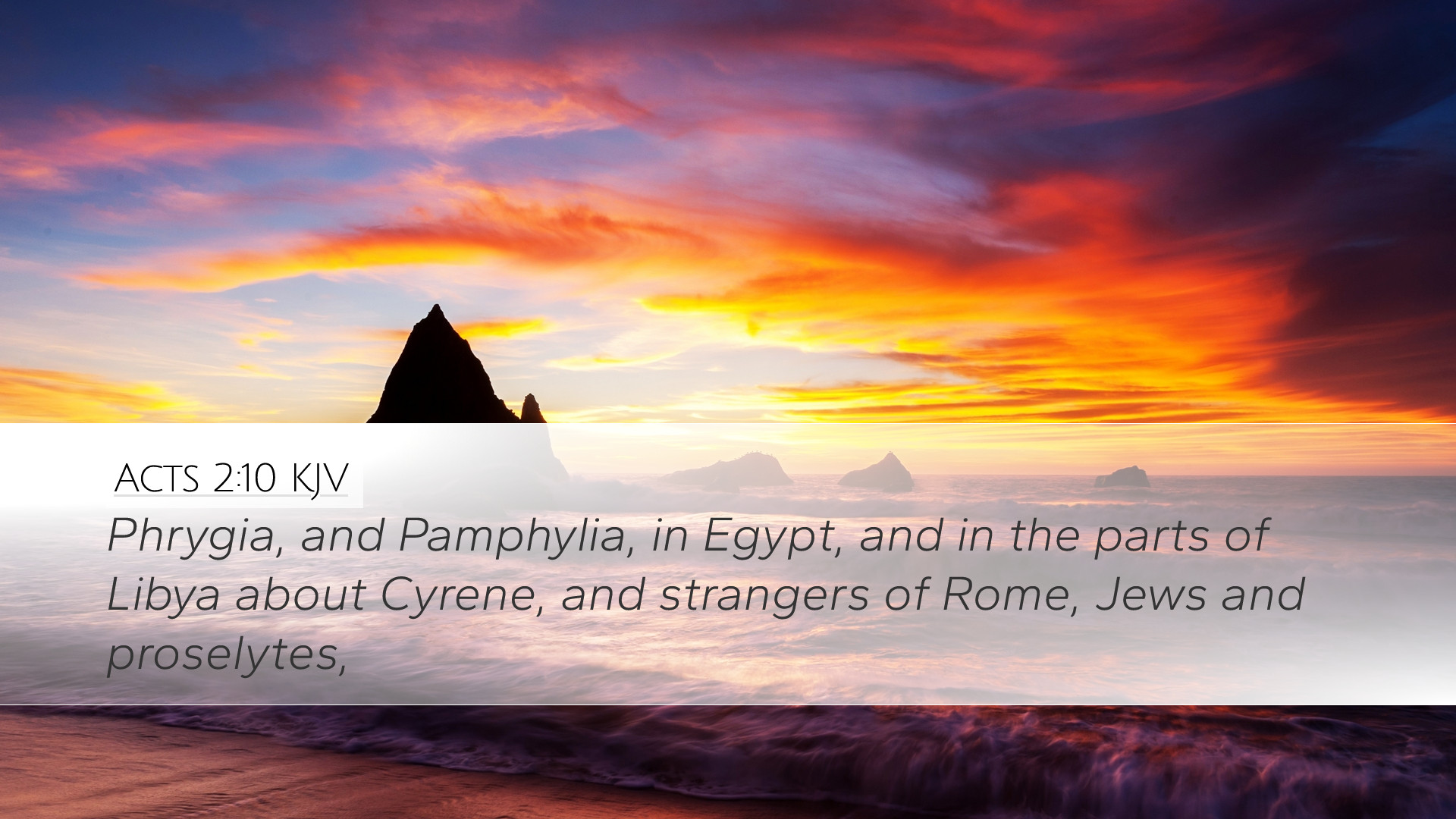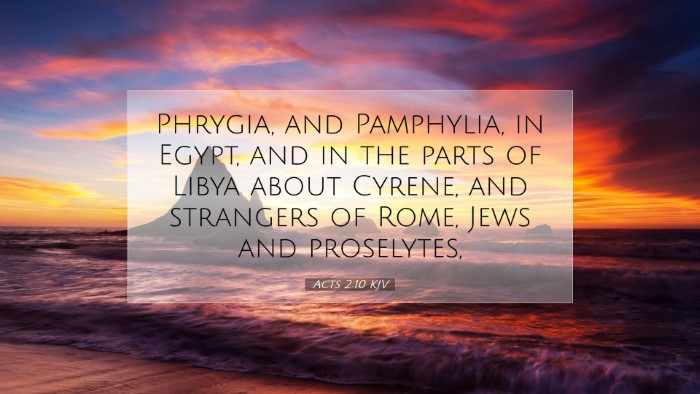Old Testament
Genesis Exodus Leviticus Numbers Deuteronomy Joshua Judges Ruth 1 Samuel 2 Samuel 1 Kings 2 Kings 1 Chronicles 2 Chronicles Ezra Nehemiah Esther Job Psalms Proverbs Ecclesiastes Song of Solomon Isaiah Jeremiah Lamentations Ezekiel Daniel Hosea Joel Amos Obadiah Jonah Micah Nahum Habakkuk Zephaniah Haggai Zechariah MalachiVerse
Acts 2:1 Acts 2:2 Acts 2:3 Acts 2:4 Acts 2:5 Acts 2:6 Acts 2:7 Acts 2:8 Acts 2:9 Acts 2:10 Acts 2:11 Acts 2:12 Acts 2:13 Acts 2:14 Acts 2:15 Acts 2:16 Acts 2:17 Acts 2:18 Acts 2:19 Acts 2:20 Acts 2:21 Acts 2:22 Acts 2:23 Acts 2:24 Acts 2:25 Acts 2:26 Acts 2:27 Acts 2:28 Acts 2:29 Acts 2:30 Acts 2:31 Acts 2:32 Acts 2:33 Acts 2:34 Acts 2:35 Acts 2:36 Acts 2:37 Acts 2:38 Acts 2:39 Acts 2:40 Acts 2:41 Acts 2:42 Acts 2:43 Acts 2:44 Acts 2:45 Acts 2:46 Acts 2:47

